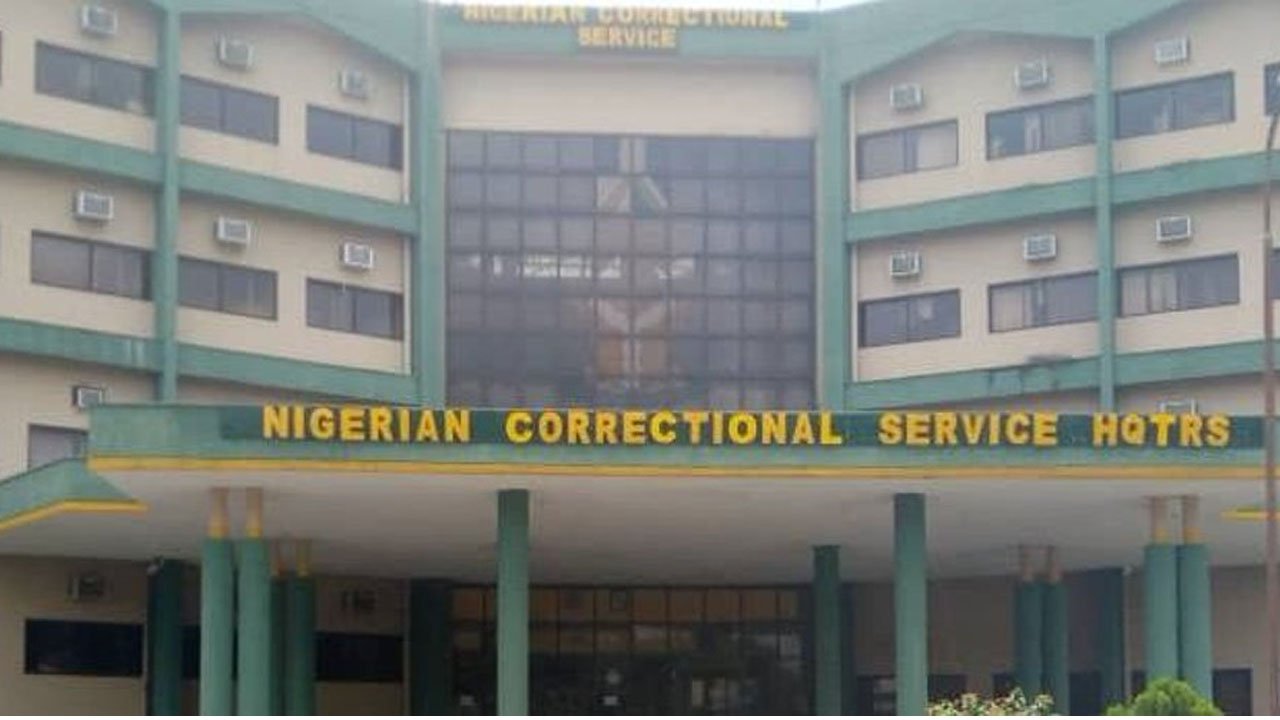KUJE PRISON INVASION: BEYOND THE OUTRAGE
By Chidi Omeje
As the outrage over last week’s invasion of Medium Security Custodial Centre Kuje by elements of Boko Haram/ISWAP terrorist group continues to reverberate, one thing that has stood out like a sour tomb is the belief among analysts that Nigeria’s security architecture, as presently configured, is not working. There is no doubt about it. You can see it, feel it and know it from the multiplicity of internal security challenges assailing the country and the seemingly but quite concerning inability of Government to find a way around the situation.
And this is not so much for lack of trying on the part of the military and security agencies as it is for the ineffectiveness of our internal security response mechanism. I will elaborate on this later but suffice it to say that we will continue to grope in the dark and post abysmal scorecard in our internal security operations efforts as long as we keep prevaricating in taking hard decisions on ways and means of decisively tackle the degenerating security situation across the country.
Given the gravity and complexity of the deteriorating security situation across the country and the weak response by the state, it is only expected that our Custodial facilities (Prisons) will be the natural targets of the many hardened criminal syndicates, cross-border bandits and terrorist groups with international networks, that are currently prowling and plaguing the land.
So, of a truth, nothing signposts Nigeria’s ineffectual internal security structure more than the reported back-to-back compromising of the country’s prisons. Why? Because, the Nigerian Correctional Service (formally known as Nigerian Prisons Service) sits at the very heart of Nigeria’s security architecture as the agency statutorily responsible for holding convicted offenders. Apart from the convicted offenders, the prisons also provide abode for those who are still awaiting trials for various crimes and offences ranging from pick-pocketing to terrorism.
Considering therefore that the country is buffeted in all fronts by various kinds and degrees of crimes and criminality, you would expect that convicts and suspects ranging from insurgents and terrorists to kidnappers, bandits, cattle rustlers, violent agitators, criminal herdsmen, pipeline vandals, rapists, internet fraudsters, ritual killers, looters, and pick pockets, are all marooned in various Correctional facilities across the country, thus putting the Correctional Service constantly in the eye of the storm. This is understandable because Nigerians are interested (and rightly so) in knowing what is happening with the prisons; they want to know about the physical condition of the facilities, the competence and professional standing of those managing the system, the welfare and condition of inmates and even those watching over them.
Read Also:
Nigerians are interested in knowing how much of budgetary and supervisory supports the Prisons are getting from the Government; they want to know if those being held in the bowels of those facilities are being fed appropriately, treated well when ill, reformed in character and morals, and changed into better citizens in line with the core values of the holding institution.
Of course, Nigerians want to be sure that their streets and communities are safe and that no convicted felon will have the capacity to escape form the prison nor be assisted to compromise the security of the institutions from outside. But it does appear that in holding the Nigerian Correctional Service to account regarding our prisons and the inmates therein, we tend to gloss over some important but external factors that have exacerbated the embarrassing security breaches and other unwholesome developments in our Custodial facilities but are quite beyond the control of the Service.
Our poor criminal justice system that has occasioned over-crowding in the prisons readily comes to mind. It is our slow and ineffective criminal justice system that makes it possible that about 60% of the total inmates of Nigerian Custodial facilities are awaiting trial persons. Because the courts are slow and laborious with infinite adjournments, the prisons have turned to dumping ground of suspected criminals of all hues. Take for instance the Medium Security Custodial Centre Kuje that was designed to hold not more than 550 inmates but was holding almost a triple of that number before the unfortunate invasion and escape of many of the inmates.
Another factor beyond the control of the Nigerian Correctional Service is the failure or lack of interest by the Government to prioritize the modernization and equipping of our holding facilities. In climes where the indispensability of functioning prison system is recognized and prioritized in their security architecture, issues of adequate funding and institutional support are long settled. The Nigerian Correctional Service certainly needs adequate funding to modernize and equip our prisons, to mainstream technology in its day-to-day running; to motivate and boos the moral of personnel who keep the inmates and manage the facilities; to provide adequate physical and procedural security measures that will hold inmates in check.
Yet another important factor is the issue of interagency synergy and collaboration. It must be understood that given the level of insecurity in the country and the formidable nature of terrorists groups operating in the country, Nigerian Correctional Service cannot protect the facilities across the country. There is a need to rejig the internal security architecture to give teeth to the joint efforts by military, security, intelligence and response agencies in order to protect our custodial facilities.
All said and done, Nigerians are well within their rights to be appalled and justifiably aghast with the degree with which our security situation has degenerated but in good conscience cannot afford to take the security compromises on the Custodial Centres in isolation of the general insecurity in the country. That will not be a fair assessment of the situation.
*Chidi Omeje is the Publisher/Editor-in-Chief, Security Digest (www.securitydigestng.com)



